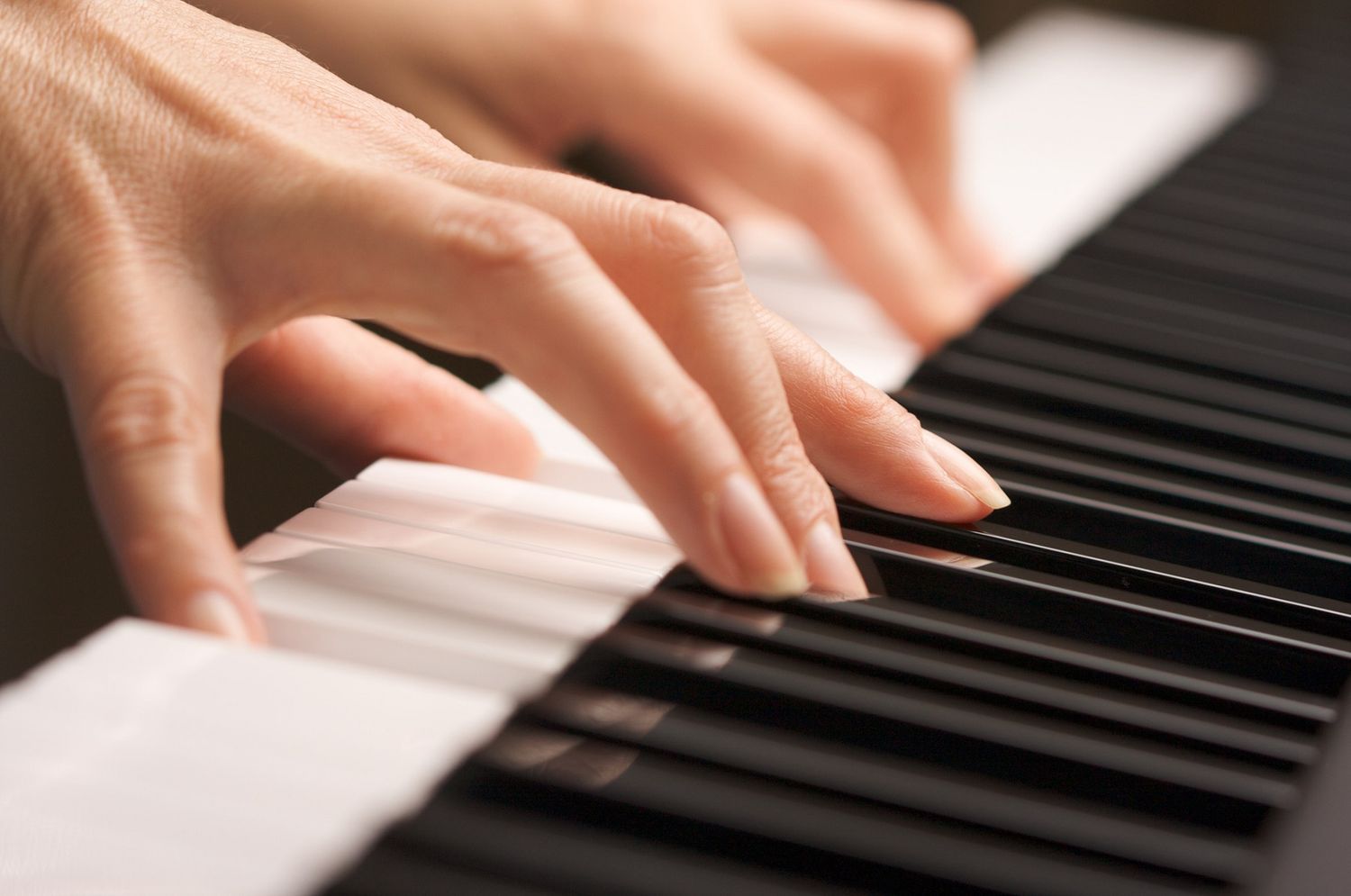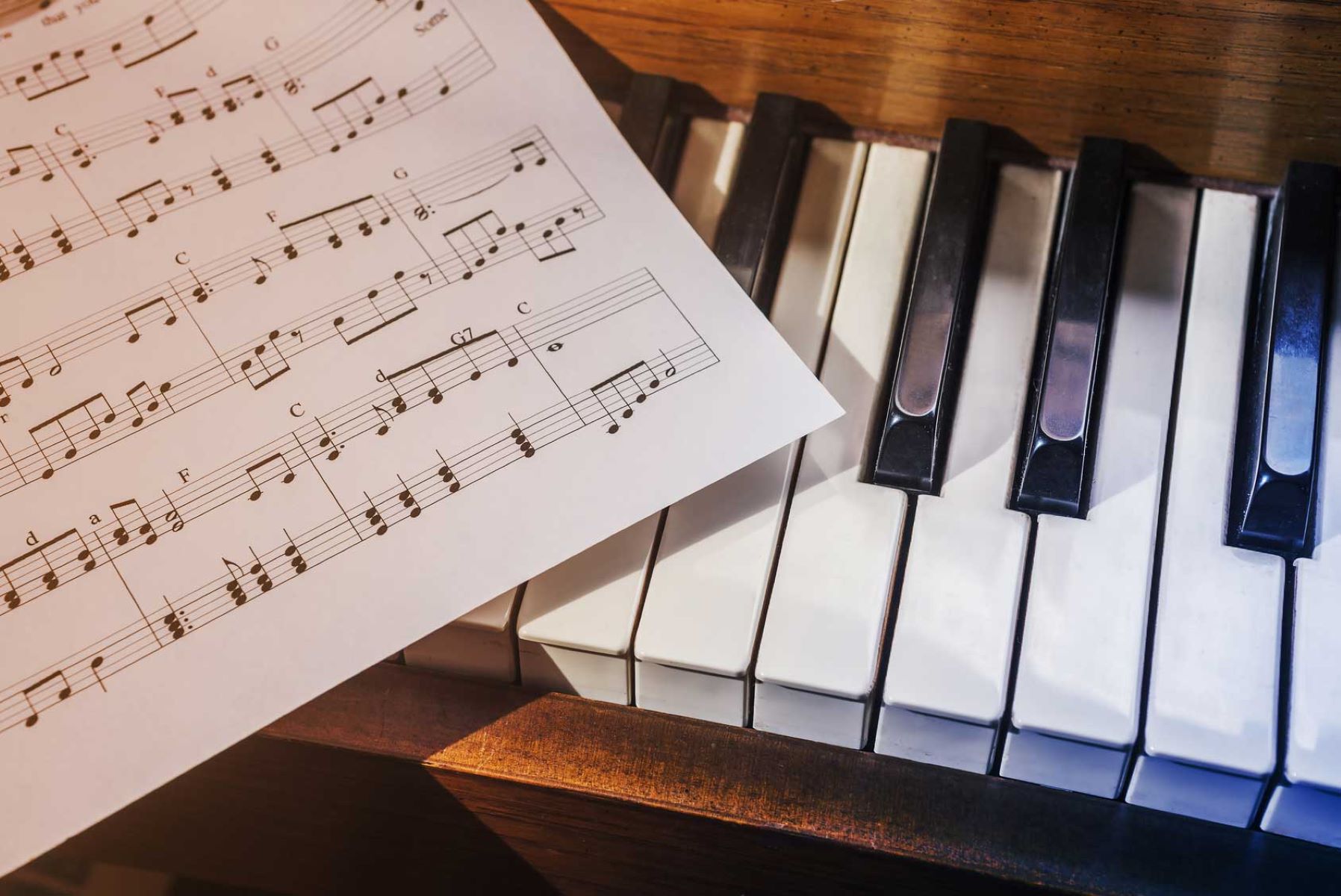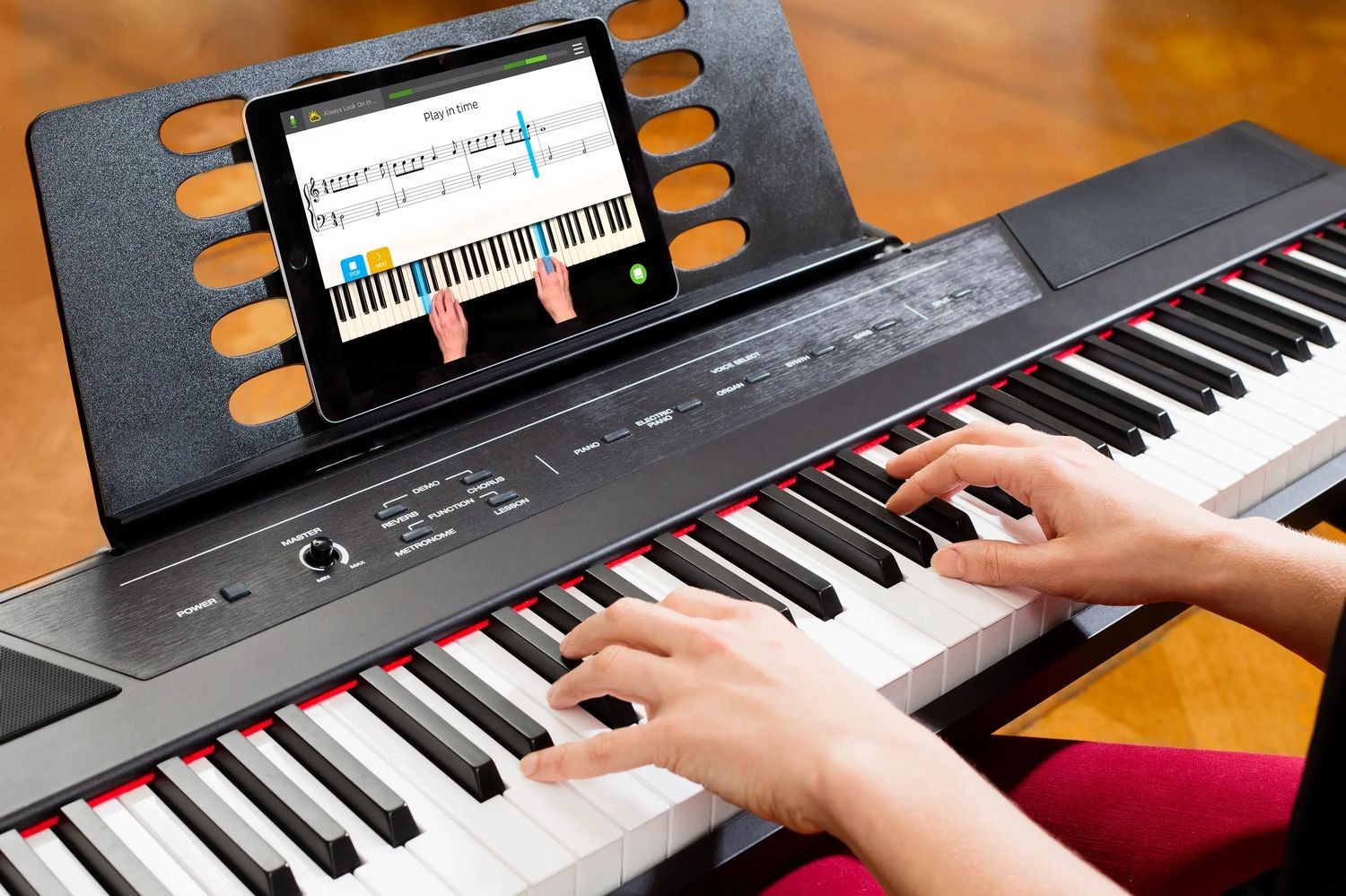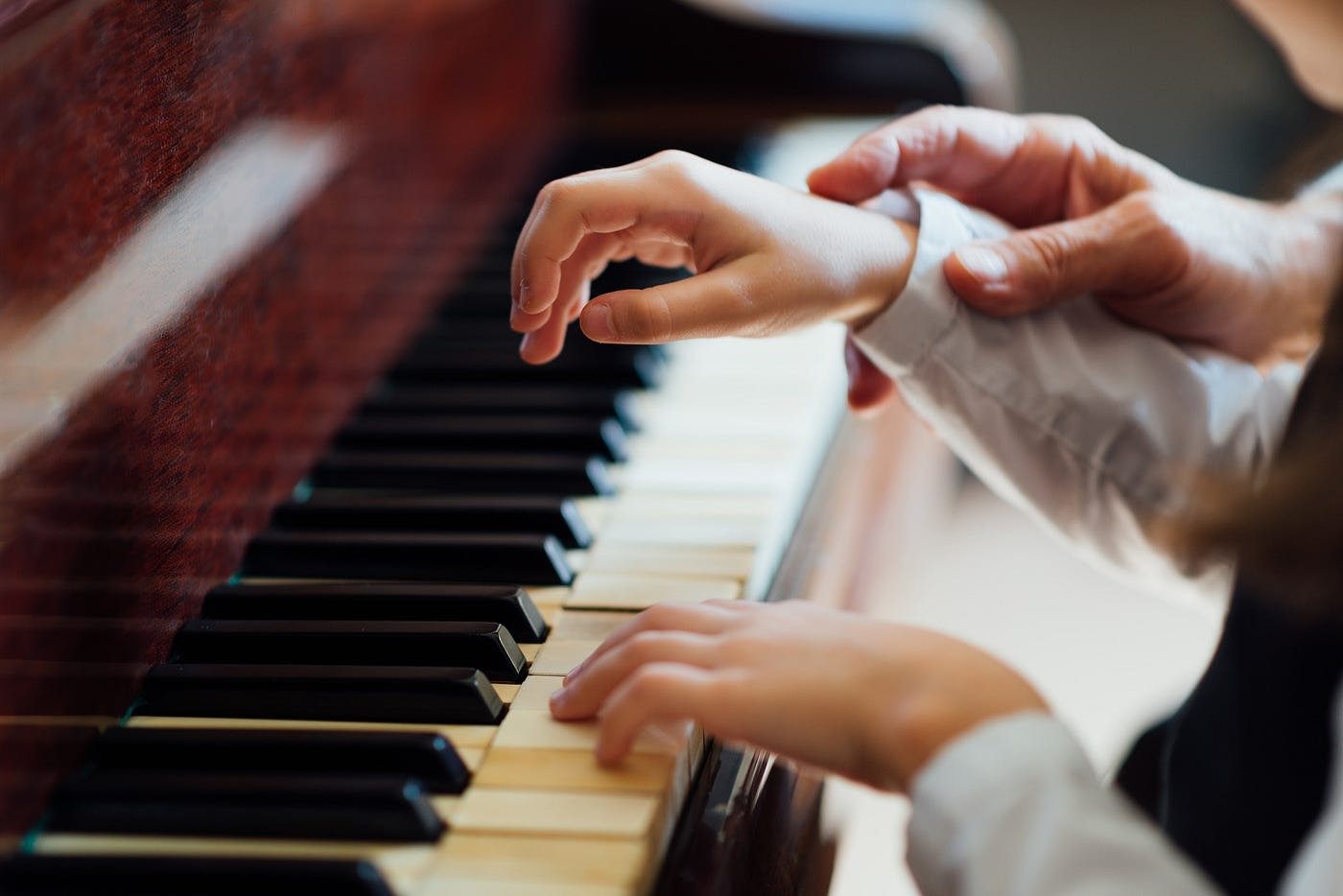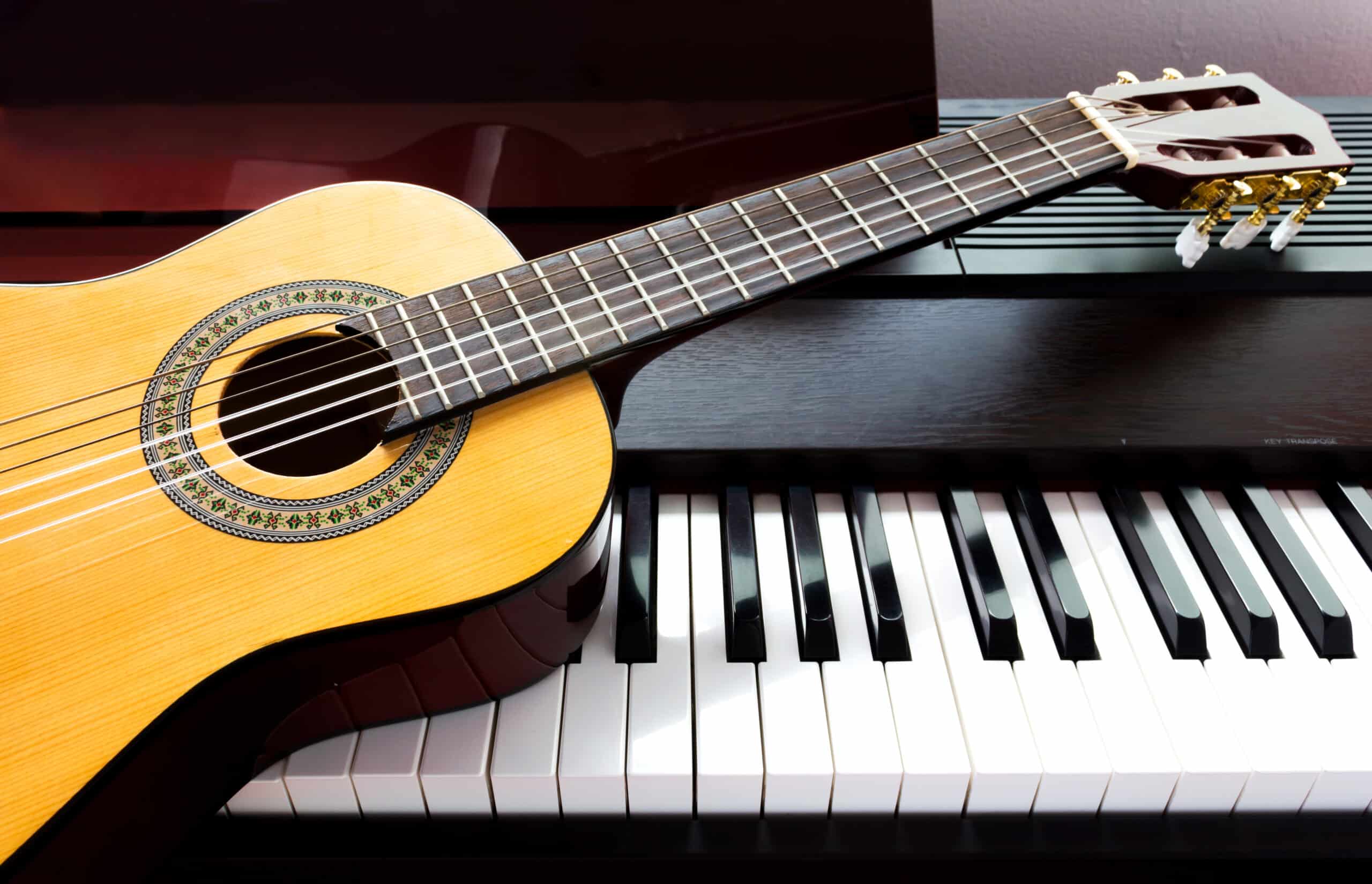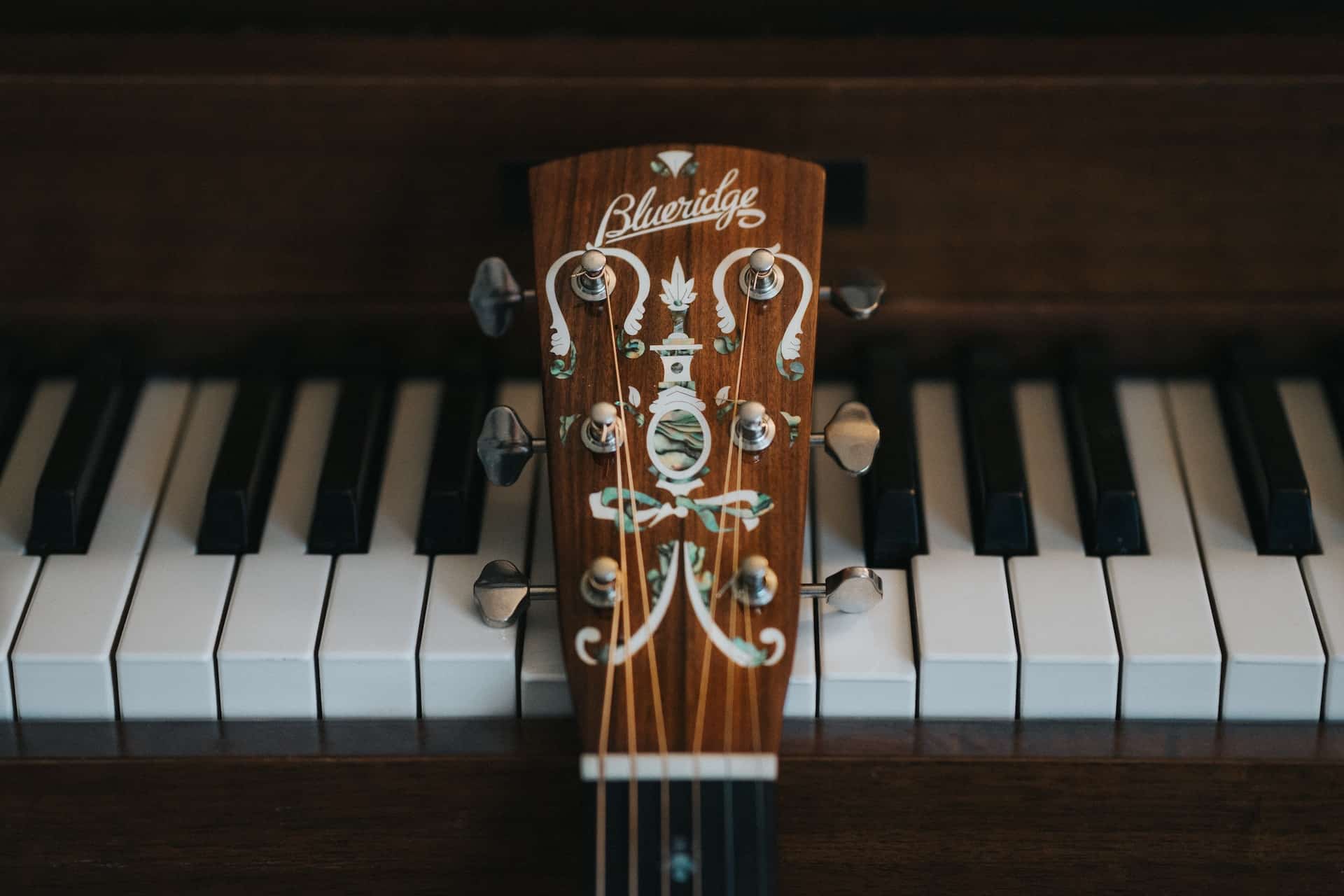Home>Instruments>Piano>How To Learn Piano Fast
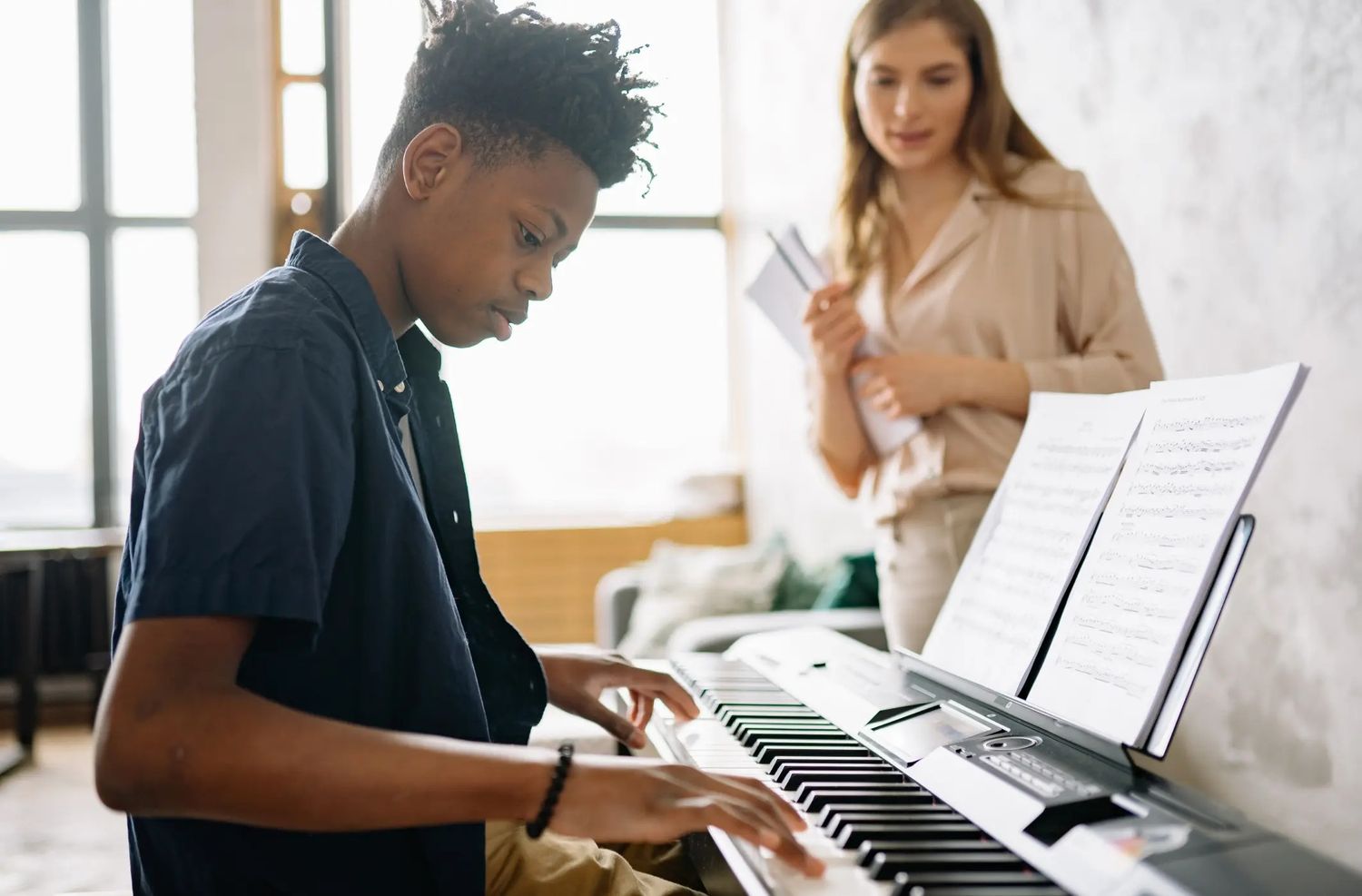

Piano
How To Learn Piano Fast
Published: February 11, 2024
Learn to play the piano quickly with our expert tips and techniques. Master the piano in no time with our proven methods. Start your musical journey today!
(Many of the links in this article redirect to a specific reviewed product. Your purchase of these products through affiliate links helps to generate commission for AudioLover.com, at no extra cost. Learn more)
Table of Contents
Introduction
Learning to play the piano can be an incredibly rewarding experience. Whether you're a complete beginner or looking to enhance your existing skills, the journey of mastering this timeless instrument is filled with excitement and growth. The piano offers a versatile range of sounds, making it suitable for various musical genres, from classical and jazz to pop and rock. It also provides an excellent foundation for understanding music theory and developing overall musical proficiency.
Embarking on the path to learn piano fast requires dedication, patience, and a strategic approach. In this article, we will explore effective strategies and resources to expedite your piano learning journey. From setting realistic goals and understanding basic music theory to leveraging online resources and finding a skilled teacher, we will cover essential steps to help you make rapid progress.
Whether your goal is to impress friends and family with your piano skills, play your favorite songs, or pursue a career in music, this guide will provide valuable insights and practical tips to accelerate your learning process. So, let's dive into the world of piano playing and discover how you can fast-track your musical proficiency.
Setting Realistic Goals
Setting clear and achievable goals is crucial when learning to play the piano. Whether you’re aiming to master a specific piece, improve your sight-reading skills, or understand complex music theory concepts, establishing realistic objectives will guide your practice sessions and measure your progress.
Begin by identifying your ultimate aspiration with the piano. Do you dream of performing in front of an audience, composing your own music, or simply playing for personal enjoyment? Once you have a clear vision, break down your long-term goal into smaller, manageable targets. For instance, if your ambition is to perform a challenging classical piece, you can set intermediate goals such as mastering specific passages, refining dynamics, and achieving a consistent tempo.
It’s important to set a realistic timeline for your goals, considering your current skill level and the amount of time you can dedicate to practice each day. While it’s natural to aspire for rapid progress, it’s equally essential to acknowledge that learning the piano is a gradual process that requires patience and persistence. By setting achievable milestones, you can maintain motivation and celebrate your accomplishments along the way.
Moreover, be adaptable in your goal-setting approach. As you advance in your piano journey, your musical interests and aspirations may evolve. Stay open to adjusting your goals to align with your developing skills and newfound passions. By regularly reassessing and refining your objectives, you can ensure that your piano learning experience remains fulfilling and purposeful.
Remember, the journey of learning piano is as significant as the destination. Embrace the process, stay committed to your goals, and savor the incremental improvements you make each day. With a clear vision and realistic objectives, you’ll be well-equipped to fast-track your progress and enjoy a fulfilling piano learning experience.
Learning Basic Music Theory
Understanding basic music theory is fundamental to becoming a proficient pianist. It provides the necessary foundation for interpreting musical compositions, creating harmonies, and expressing emotions through your playing. While it may seem daunting at first, delving into music theory can significantly expedite your piano learning process and enhance your overall musicianship.
Begin by familiarizing yourself with essential elements of music theory, such as notes, scales, intervals, and chords. Learning to read sheet music and grasp the concept of rhythm and time signatures is equally important. Online tutorials, music theory books, and instructional videos can serve as valuable resources for gaining a solid grasp of these concepts.
As you progress, explore the relationship between music theory and piano technique. Understanding how scales and chords are constructed will not only deepen your theoretical knowledge but also improve your ability to learn and memorize new pieces efficiently. Additionally, recognizing common patterns and progressions in music will empower you to interpret compositions with greater insight and expressiveness.
Moreover, consider integrating ear training into your music theory studies. Developing a keen ear for pitch, intervals, and melodies will sharpen your ability to play by ear, improvise, and comprehend musical nuances more intuitively. Ear training exercises, such as identifying intervals and transcribing melodies, can be immensely beneficial in honing your musical perception.
By immersing yourself in basic music theory concepts and their practical applications on the piano, you’ll lay a robust groundwork for rapid progress and musical fluency. Embrace the theoretical aspects of music with curiosity and eagerness, recognizing that each new insight will elevate your piano playing and deepen your appreciation for the art of music.
Practicing Regularly
Consistent and focused practice is the cornerstone of rapid progress in piano playing. Regular practice sessions not only enhance your technical skills but also reinforce your musical understanding and interpretation. To learn piano fast, it’s essential to establish a structured practice routine and approach each session with intention and diligence.
Begin by setting aside dedicated time for daily practice, taking into account your schedule and commitments. Consistency is key, even if you can only spare a short amount of time each day. By incorporating piano practice into your daily routine, you’ll develop a habit that fosters steady improvement and prevents stagnation.
When practicing, prioritize quality over quantity. Rather than mindlessly repeating passages, focus on targeted exercises that address specific challenges in your repertoire. Break down complex pieces into manageable sections, and concentrate on refining technical difficulties and musical expression. Additionally, vary your practice routine by incorporating exercises that enhance finger dexterity, hand independence, and overall coordination.
Furthermore, maintain a sense of mindfulness during practice. Stay attuned to your posture, hand positioning, and breathing, ensuring that you’re approaching the piano with physical ease and relaxation. Cultivate a keen awareness of your sound production, dynamics, and phrasing, aiming for a balanced and resonant tone that reflects your musical intentions.
While structured practice is essential, it’s equally important to embrace creativity and exploration at the piano. Allow yourself moments of improvisation, experimentation, and musical discovery during your practice sessions. This not only fosters a deeper connection with the instrument but also nurtures your musical intuition and spontaneity.
By approaching piano practice with commitment, mindfulness, and a balance of structure and creativity, you’ll maximize the efficiency of your learning process and make significant strides in your musical development. Embrace each practice session as an opportunity for growth and self-expression, knowing that your dedication will yield rewarding progress at the piano.
Utilizing Online Resources
In today’s digital age, the abundance of online resources has revolutionized the way individuals learn to play the piano. From interactive tutorials and virtual lessons to digital sheet music platforms and practice apps, the internet offers a wealth of tools and materials to expedite your piano learning journey.
One of the key advantages of online resources is the accessibility and flexibility they provide. Whether you’re a beginner seeking foundational instruction or an intermediate player exploring advanced techniques, you can find a myriad of tutorials and courses tailored to your skill level and musical interests. Platforms such as YouTube, Udemy, and Coursera host a diverse range of piano lessons, encompassing various genres, styles, and teaching approaches.
Additionally, digital sheet music repositories and music notation software enable you to access a vast library of musical scores, practice exercises, and learning materials. Leveraging these resources can streamline the process of discovering new repertoire, honing sight-reading skills, and exploring diverse musical genres without the constraints of physical sheet music collections.
Furthermore, interactive practice apps and software offer innovative tools for honing specific aspects of piano playing, such as rhythm, ear training, and music theory. These applications often feature gamified exercises and progress tracking, adding an element of engagement and motivation to your practice routine.
Virtual platforms also facilitate connectivity with a global community of pianists and music enthusiasts. Engaging in online forums, social media groups, and virtual masterclasses can provide valuable opportunities for sharing experiences, seeking advice, and gaining insights from fellow musicians across the globe.
As you navigate the vast landscape of online piano resources, it’s essential to approach them discerningly. Prioritize reputable sources, seek recommendations from experienced pianists, and remain open to exploring diverse instructional approaches. By harnessing the power of online resources and integrating them into your practice regimen, you can accelerate your learning curve and embark on a dynamic and enriching piano learning experience.
Finding a Good Teacher
While self-study and online resources offer valuable avenues for piano learning, the guidance of a skilled teacher can be instrumental in accelerating your progress and refining your musical skills. A competent and supportive instructor not only provides personalized feedback and technical guidance but also fosters a nurturing learning environment that inspires growth and creativity.
When seeking a piano teacher, consider your individual learning style, musical goals, and preferred teaching approach. Whether you thrive in a structured, traditional setting or resonate with a more flexible, contemporary methodology, finding a teacher whose style aligns with your preferences is crucial for a harmonious and productive learning experience.
Seek recommendations from fellow musicians, music schools, or local community centers to identify reputable piano teachers in your area. Additionally, explore online platforms that connect students with qualified instructors, allowing you to browse profiles, read reviews, and schedule trial lessons to assess compatibility and teaching style.
During your initial interactions with potential teachers, communicate your musical aspirations, practice habits, and areas of focus. A good teacher will listen attentively to your goals and tailor their instruction to address your specific needs, whether it involves refining technique, delving into music theory, or exploring diverse musical genres.
Furthermore, assess the instructor’s qualifications, experience, and pedagogical approach. A proficient piano teacher should demonstrate a deep understanding of music theory, technical proficiency, and a genuine passion for teaching. Their ability to provide constructive feedback, cultivate a supportive learning environment, and instill a love for music in their students is equally important.
Keep in mind that the relationship between a student and teacher is a collaborative journey. A good teacher not only imparts knowledge and skills but also nurtures creativity, instills confidence, and encourages self-expression in their students. By forging a positive and enriching partnership with a dedicated piano teacher, you’ll embark on a transformative learning experience that propels your musical growth and deepens your passion for the instrument.
Conclusion
Embarking on the journey to learn piano fast is an exhilarating and fulfilling endeavor that offers boundless opportunities for artistic expression and personal growth. By setting realistic goals, delving into basic music theory, practicing regularly, utilizing online resources, and seeking guidance from a skilled teacher, you can expedite your progress and cultivate a deep connection with the instrument.
Remember that the path to mastering the piano is a dynamic and evolving process, requiring dedication, patience, and a genuine love for music. As you navigate this musical odyssey, embrace the joy of discovery, celebrate your milestones, and remain open to continuous learning and refinement.
Each practice session, each new concept grasped, and each piece mastered contributes to your development as a pianist and a musician. Embrace the journey with curiosity and determination, knowing that every step forward brings you closer to realizing your musical aspirations.
Ultimately, the piano is not merely an instrument but a gateway to profound self-expression, emotional resonance, and artistic fulfillment. Whether you aspire to captivate audiences with virtuosic performances, compose your own melodies, or simply find solace in the beauty of music, the piano holds the power to enrich your life in countless ways.
As you continue your piano learning journey, cherish the process, seek inspiration from diverse musical sources, and remain open to the transformative impact of music on your life. With dedication, resilience, and a spirit of exploration, you’ll find yourself making remarkable strides in your piano proficiency and experiencing the unparalleled joy of musical discovery.

